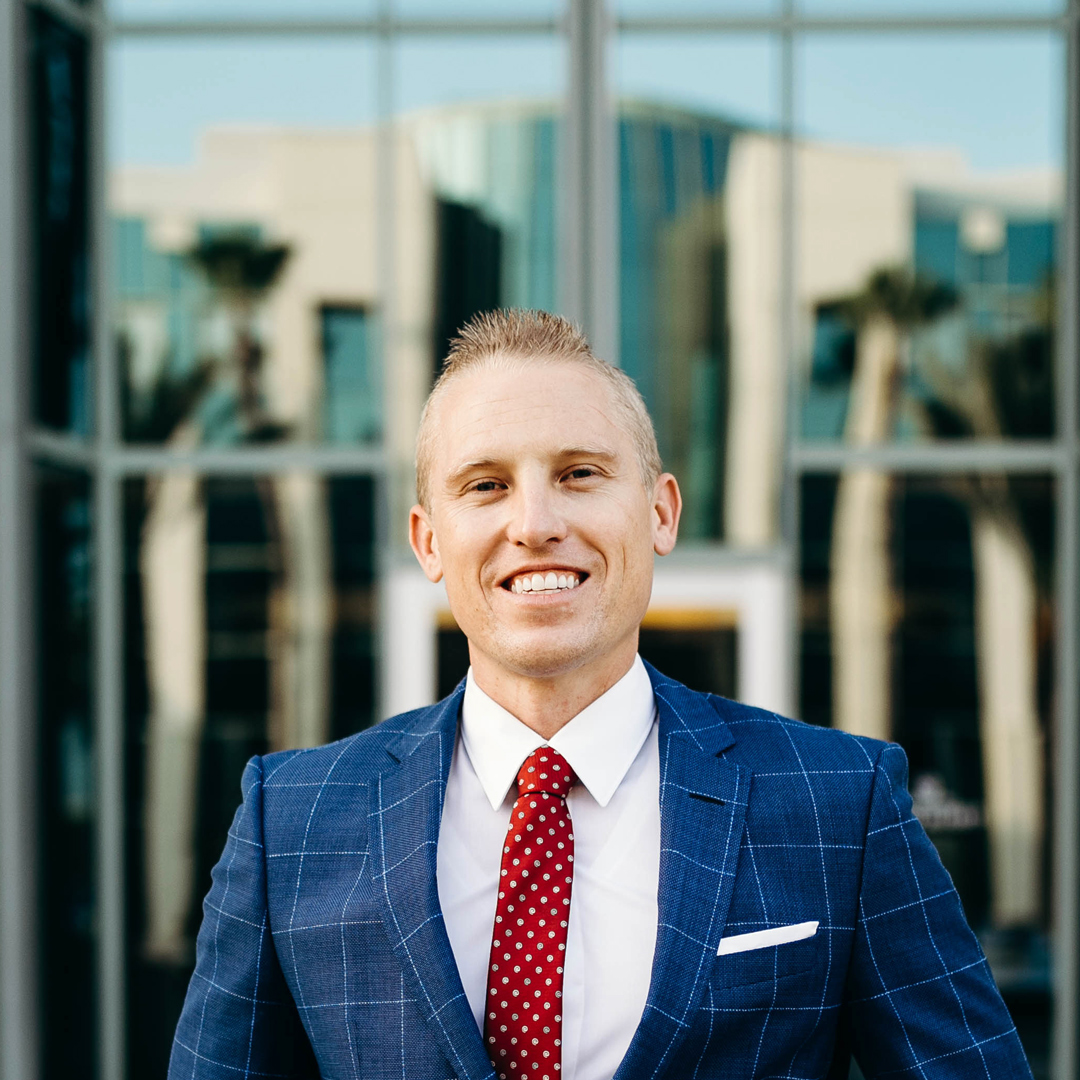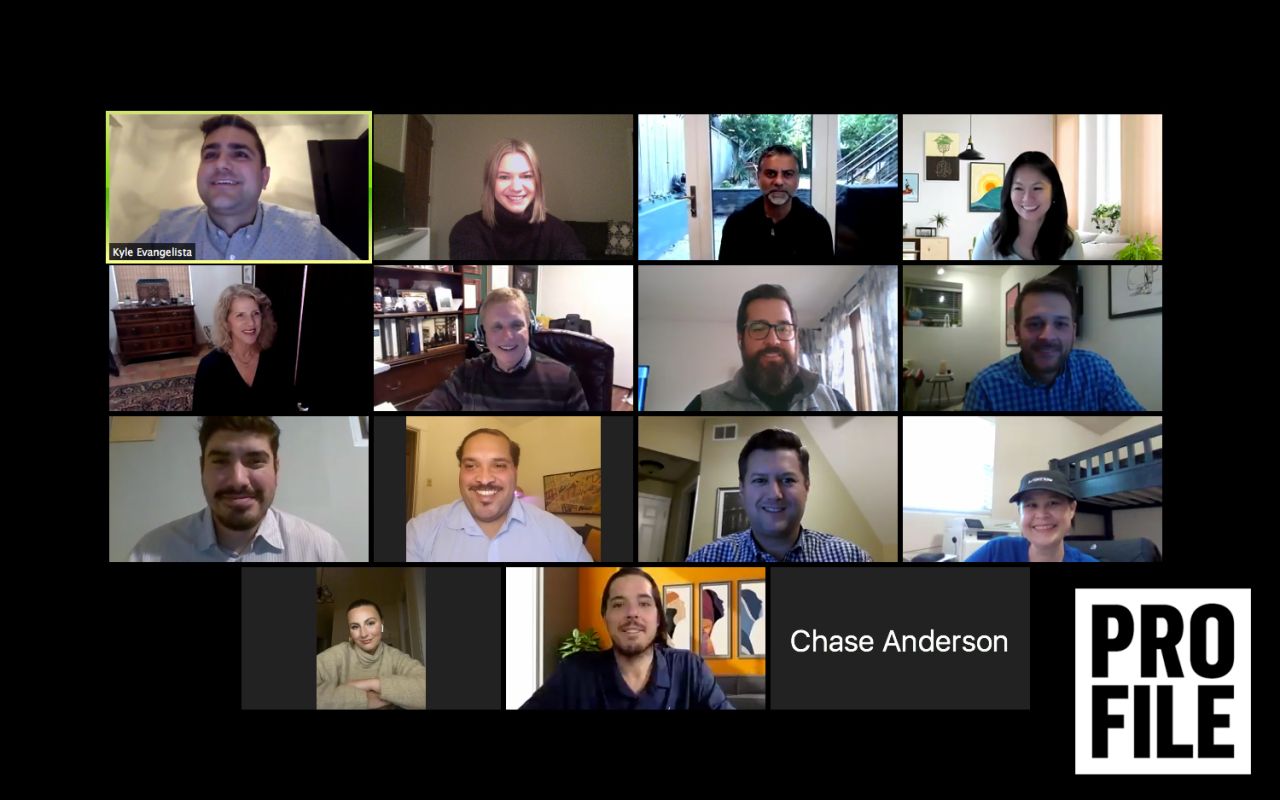|
Getting your Trinity Audio player ready... |
For a very select few of the best golfers in the world, playing in a US Open or USGA Amateur Championship is a dream that can come true. For the rest of us, golf is something else entirely: a weekend outing, a hobby, a passion. Susan Pikitch, the CFO at the United States Golf Association (USGA), learned to play golf in part to be included in business networking opportunities on the course. She and her husband took up the sport later in life and enjoy playing together, sometimes casually and at other times competing on a level playing field, thanks to the World Handicap System that the USGA helped create and manages on behalf of millions of golfers in the US.
In her six years at the USGA, Pikitch has helped take one of golf’s few 501(c)(3)s from the fairway to the financial green, bringing a more corporate-leaning financial outlook to the golf nonprofit. She has touched all points of the organization, from maintenance of the association’s campus to the continued technological innovations of GHIN, the Golf Handicapping Information Network, which serves more than 2.5 million golfers and 15,000 golf clubs worldwide. In all of her efforts, Pikitch remains committed to the USGA’s larger mission: to champion and advance the game of golf.
The beginning of Pikitch’s USGA tenure aligned with the beginning of the nonprofit’s strategic partnership with Golf Genius Software Inc., and Pikitch has been the executive partner since then, says Michael Zisman, co-CEO of Golf Genius. “Susan has always been very professional, playing the long game, seeking a win/win relationship between the USGA and Golf Genius Software, and helping us navigate through the many departments of the USGA,” Zisman says. “Our partnership with the USGA has evolved over the past five years in an exceptionally positive way thanks to Susan.”

Pikitch is relatively new to the nonprofit world. She mostly gained operational and financial experience during her twenty-plus years at Standard & Poor’s/McGraw-Hill, acquiring M&A experience and negotiating transactions, including McGraw-Hill’s acquisition of CVC (Corporate Value Consulting), which after integrating into the parent company she subsequently sold five years later. Pikitch has implemented new compensation systems, helped integrate acquired companies’ systems and cultures into that of the parent company, supported international expansion of business opportunities, and employed technology to gain efficiencies.
Then, having become an expert on the ins and outs of the corporate world, she took on a new challenge by moving to a nonprofit organization.
“I was so used to the corporate quarterly earnings grind and M&A transactions that I wasn’t sure what the role would require and whether I would be challenged enough,” Pikitch admits. “But I am more than ecstatic that I’ve been able to do things here that I would not have been able to do in the corporate world. We are a nonprofit association dedicated to delivering on our mission, but we are also increasingly evolving our management functions to operate as many leading commercial enterprises do. At the same time, we have a long-term view of the impact we need to deliver back to golf.”
A Carolina Welcome
The legendary golf community of Pinehurst, North Carolina, will soon become an even bigger golf epicenter. In September 2020, the USGA announced its intention to build a center for science, research, and innovation as well as a welcome center and satellite for the USGA’s world-class museum at its New Jersey headquarters. The USGA has committed to maintaining a minimum staff of fifty people at the new location, and groundbreaking is expected in spring 2022.
As CFO and a member of the USGA executive team, Pikitch is responsible for advancing key USGA functions and employing “business” best practices that have benefited the nonprofit. Her first move was to help the finance team shift its primary focus away from transaction processing and more to financial planning and analysis to help guide the organization and facilitate data-driven decision-making.
During her time at the USGA, the organization has increased its sophistication both in understanding its expense run-rate and in helping it manage to its stated five-year rolling break-even goal. Pikitch and her finance team also developed the first fully allocated P&L, enabling leadership to understand the various contributions of, and investments in, its championships and programs.
“Susan is a strategic thinker who leveraged her corporate experience to bring the USGA to the next level,” says Tom Spano of Hirtle Callaghan. “Her leadership is thoughtful and deliberate—when she speaks, people listen.”
With facilities and technology also under her purview, Pikitch set her sights on addressing deferred maintenance, in terms of both the buildings and the technological infrastructure, that had taken its toll over time.
“One of the first major projects was the renovation of our administrative building on our campus,” she explains. “The building needed to be taken down to the studs, and now it’s really something we’re proud of.” Additional space was built out at USGA headquarters, located in Liberty Corner, New Jersey, and more collaborative, open, and natural-light-filled work environments were created. “We were able to bring more of the outside in, which ties to the game being an outdoor sport.”
Pikitch has also endeavored to find the nonprofit more funds to invest back into the sport. The USGA’s main financial engine is the US Open, but in a year that saw that event postponed due to the COVID-19 pandemic, Pikitch wants to make sure the organization continues to maintain adequate financial reserves and seek out new sources of revenue.
“We need to attract and retain young girls and women into the game. We can do that by making golf more accessible, more affordable, and more welcoming.”
Susan Pikitch
The postponement of the US Open in 2020 provided more challenges than simply pushing back the event a few months. The championship’s television home since 2015 had been Fox, but discussions to accommodate the new date eventually led the USGA to strike a new deal with NBC that brings the US Open back to NBC through 2026.
What’s more, the deal was struck in just a few weeks. “There was a lot of financial analysis that went into that evaluation and decision,” Pikitch says. “The fact that the transition was so seamless still amazes me.”
The television deal will help bring golf into homes across America, but Pikitch is also personally invested in getting more people out of their homes and onto the golf course. She serves on the board of the LPGA Foundation, which, along with the USGA, created the LPGA*USGA Girls Golf initiative. “We need to attract and retain young girls and women into the game,” Pikitch explains. “And we can do that by making golf more accessible, more affordable, and more welcoming.”
Beyond that effort to introduce more young girls to the game, Pikitch has also inspired many women to pursue leadership roles, both at the USGA and at her prior companies. A traditionally male-driven organization, the USGA has modernized its approach to welcome a more diverse workforce and provide more pathways for women to work and advance in golf.
In all that she does, Pikitch says her efforts help the USGA achieve the same fundamental end: delivering services to golfers, golf facilities, and golf associations, and ensuring that the game—as well as the courses where it is played—remain environmentally, economically, and socially sustainable for all.
Fore Everyone
One of Susan Pikitch’s core beliefs is that golf should be for everyone—and she takes the same view of finance. Whether she is providing financial information to the USGA staff, senior leadership, or the USGA Executive Committee (board), Pikitch takes a special interest in making sure her presentations are comprehensible to all.
“I want finance to be viewed as a business partner and as a facilitator,” she says. “When I speak to non-financial folks, I endeavor to present information in a way that is understandable to every level of the organization. I take that communication very seriously and want finance to be seen as an enabler of the USGA’s mission.”
Deloitte Consulting LLP:
“Bringing fresh ideas and experiences to the game of golf. Reimagining future revenue streams. Driving sustainability across golf facilities. They’ve all been part of our rich, six-year collaboration with the USGA. We couldn’t be more proud to congratulate Susan on this recognition.”
–Tom Marriott, Principal
With interest rates at historic lows, investors are increasingly challenged to achieve their financial goals. Since 1988, Hirtle Callaghan has been offering innovative investment solutions to institutions and families as their Chief Investment Officer. We provide the expertise of a fully resourced investment office with sophisticated, global, comprehensive investment programs. Our business is intentionally structured to avoid conflicts so that every decision is made in our clients’ best interest. We are inspired by the trust placed in us by clients with serious responsibilities – the investments we make help provide for families, open possibilities for cures, improve education and expand opportunities.

